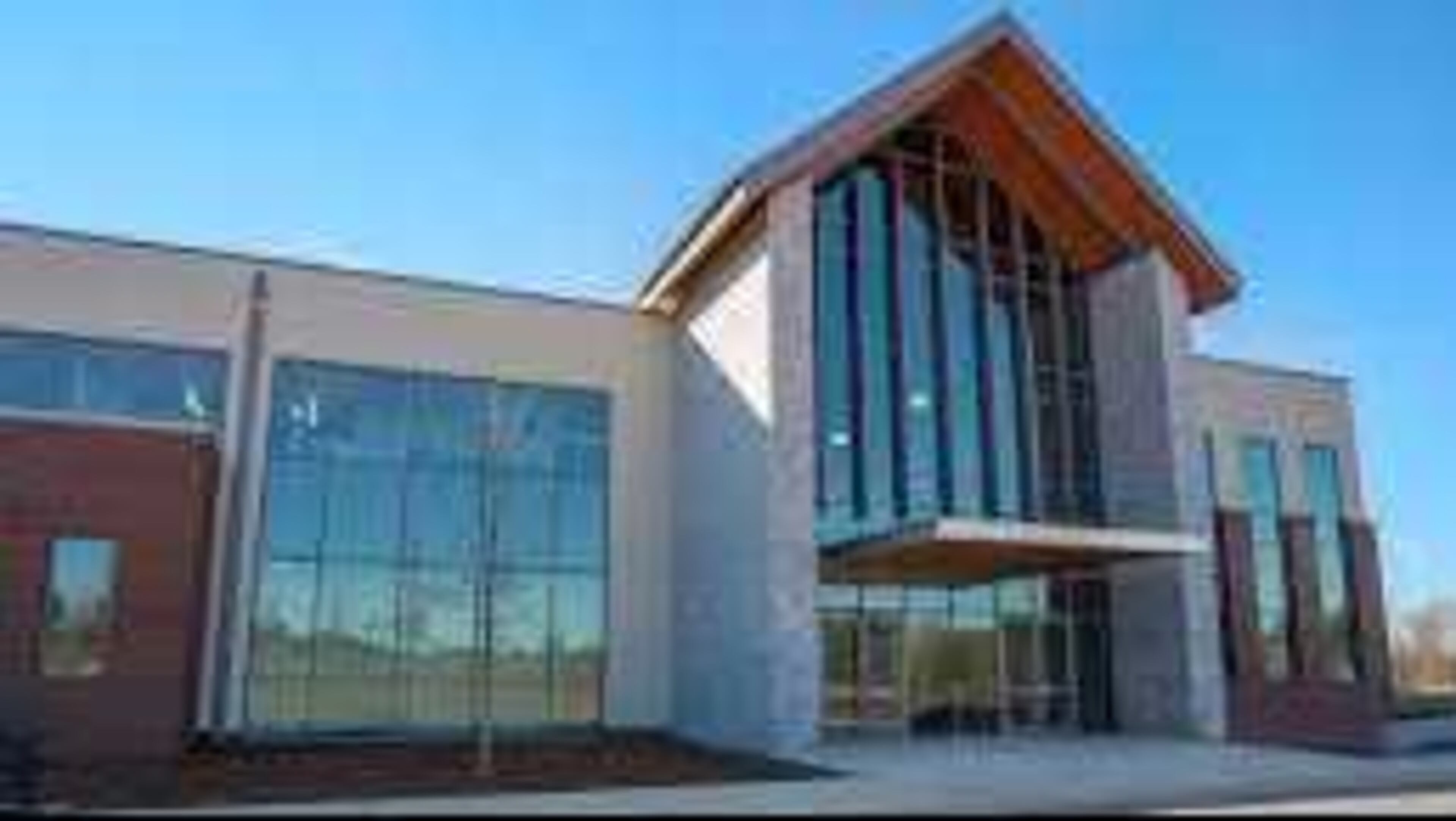AJC On Campus: Feds retreat on student visa rule; USG pressured on return plans

What a difference a week makes.
The Trump administration prompted concern and confusion on many college campuses last week when it announced rules that international students could not study here if they were taking all of their courses online. On Tuesday, the administration said never mind in a court hearing.
Here’s more about that and some other stories happening in this edition of AJC On Campus.
The immigration policy rollback
More than 20,000 international students took courses at colleges and universities in Georgia last school year, so many schools and students were worried about the Trump administration’s rule that those students could not remain in the U.S. if they were taking all of their courses online. Emory University, Georgia’s largest private institution, was one of about five dozen schools to file briefs against the rule. U.S. Rep. John Lewis, D-Atlanta, wrote a letter to federal officials asking them to reconsider. Emory said in a statement Tuesday it was “encouraged” by the administration’s decision to rescind the guidelines. Other advocates worried the dispute may have discouraged some students from studying in the U.S. this fall semester.
Faculty, grad students unhappy with campus return plans
The University System of Georgia, despite announcing earlier this month it would require people to wear face coverings in classrooms and other places where social distancing can’t be done, continues to face criticism from many faculty members and graduate students over other aspects of the fall semester return plans. The demands, outlined in petitions and other communications, include: any faculty members should be able to teach remotely and graduate students should be granted extensions and additional funding to ensure they are able to maintain research and teaching commitments. Some undergraduate students are voicing their concerns about campus return plans. Click here to read more from a Georgia Tech student.
Emory University team reports progress on COVID-19 vaccine
Emory University researchers on Tuesday gave an update on the first phase of a COVID-19 vaccine research initiative in which some of its researchers and physicians are involved. All 45 patients tested showed no serious side effects and the experimental vaccine showed signs it is effective against the disease. A third phase of the trial research begins this month. Read more here.
Student loan debt high in Atlanta and Augusta
Atlanta and Augusta are near the top of a disturbing list. Atlanta ranks second and Augusta is third in median student loan debt, according to a new report by Student Loan Hero, an organization that aims to help borrowers. The median debt in Atlanta was $27,745, with a median monthly payment of $188. The median debt for borrowers in Augusta was $27,522, with a median monthly payment of $197. The data was compiled in February, before the coronavirus pandemic. The report does not explain why each city ranked so high. Washington, D.C. was first on the list, with median debt of $28,045. The high debt is troubling for many reasons. Fewer than half of federal loan debtors are currently in repayment and of those, fewer than half are on a repayment plan that would retire their debt in the 10 years intended by the federal student loan program, the report says.
UGA donors add $175 million to fundraising effort

The University of Georgia said Wednesday it raised nearly $175 million during a 12-month stretch that ended June 30, which officials considered a major accomplishment amid a pandemic that has resulted in a downturn in the global economy. UGA said it has now raised $1.45 billion since starting its “Commit To Georgia” campaign in 2016. The university said it has used campaign funds for student scholarships, research and about 900,000 square feet of new learning and activity space.
Georgia Gwinnett College surpasses fundraising goal to help students
Several Atlanta-area colleges created emergency funds after the coronavirus pandemic began to help students with emergency financial needs, such as food and housing. Georgia Gwinnett College said Wednesday it has exceeded its $100,000 goal, but is still accepting donations through its website.
You get a laptop. You get a laptop...
Dell announced last week it has worked out a deal with Clark Atlanta University that will result in each student receiving a free, laptop computer. The university purchased the laptops at a discount from Dell Technologies. “Many of our students are Pell-eligible scholars and, in many cases, do not have the financial support needed to purchase laptops,” the university’s president, George T. French Jr., said in a statement. The donation comes after the university announced many of its students will take classes remotely for the fall semester in an attempt to prevent the spread of COVID-19 on campus. Clark Atlanta, a private, historically Black school, last year had about 3,900 students, federal data shows. About 66% of its students received Pell grants, which are given to students with financial need. About 40% of college students nationally receive Pell grants.
Apple teams up with Morehouse College
In more technology news involving historically Black schools in Atlanta, Apple said Thursday it is partnering with Morehouse and 11 other HBCUs nationwide to create regional coding centers that will serve as technology hubs for their campuses and broader communities. “Each hub is designed to create a multiplier effect, building capacity at the HBCUs that extends beyond the campus through partnerships with local K-12 schools, community partners, local governments, and other community stakeholders,” Apple said in a news release. Apple and other major tech firms have been pressured in recent years to improve employment opportunities for African Americans and increase access to their services in Black communities.
Find Something New

Educators are constantly talking about ways to help young adults who say college isn’t for them. On Tuesday, the Trump administration and several private companies unveiled an initiative called “Find Something New” aimed at assisting some of those young people. The effort tries to match people with educational and vocational training in careers such as nursing, web development, elevator installation and contact tracing. The private companies include Atlanta-based Home Depot, Apple, AT&T, Walmart and the American Association of Community Colleges.
Google’s certificate courses
Several colleges and universities in recent years have offered certificate programs, particularly for mid-career employees hoping to boost their skills. They now have some more competition. Google announced Tuesday it is offering online career certificates in project management, UX designer and data analyst.



